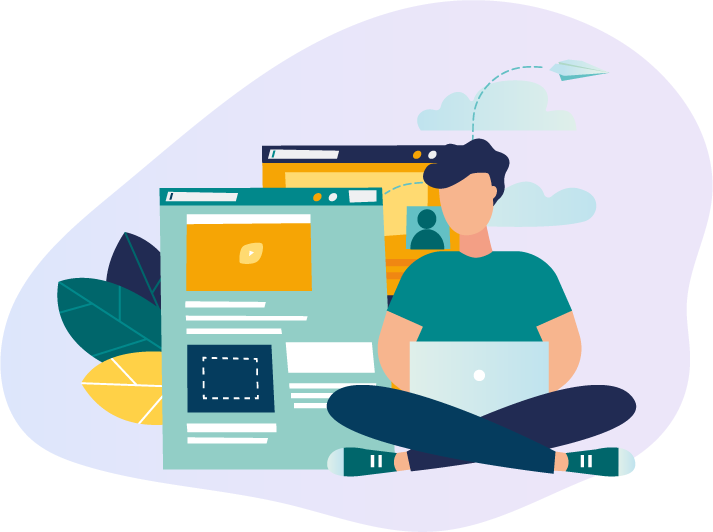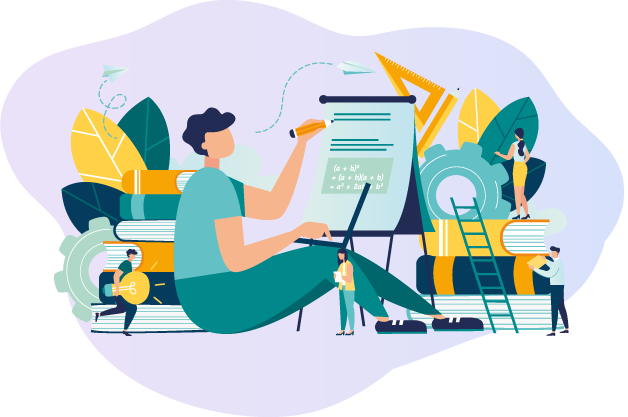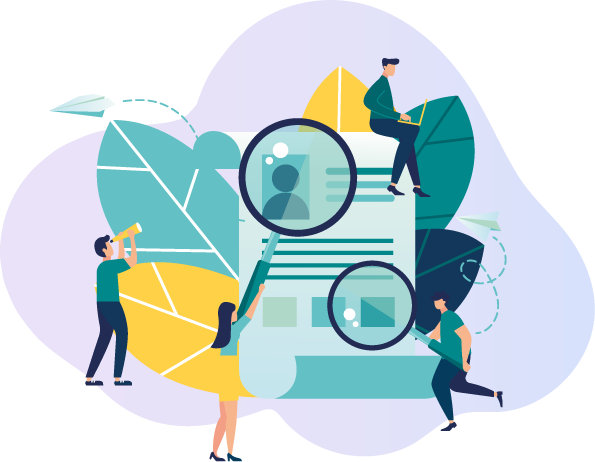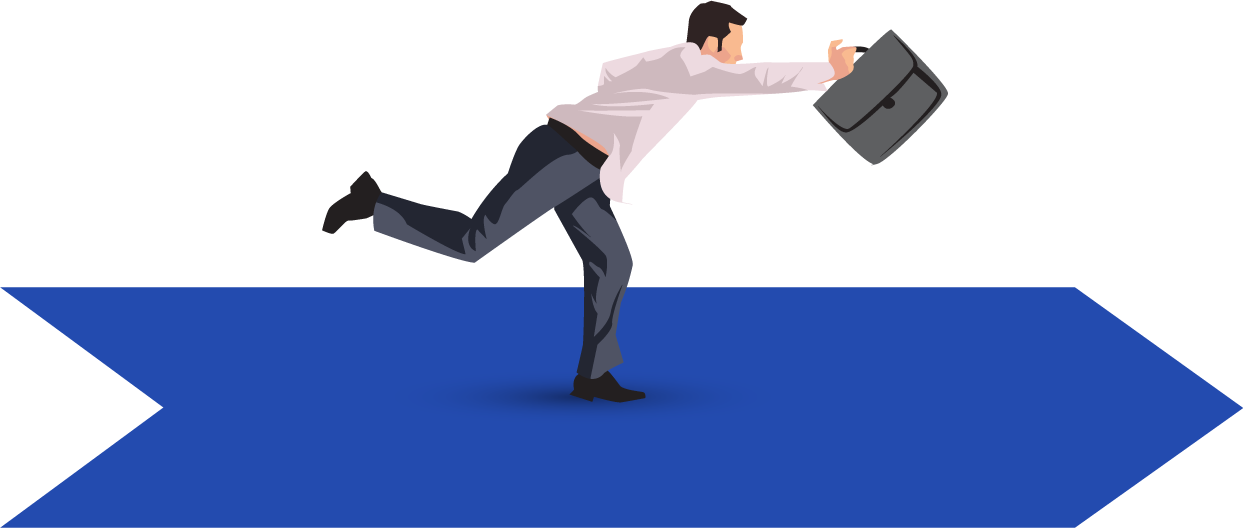Who's a Full-Stack Developer?
Ever called for some food through an app? It’s the job of a software engineer to create a programme that helps you choose from different restaurants, have it picked up, and arrive at your doorstep. This is what software engineers do.
Generally, the process of software development includes the working of two types of engineers-front-end engineer and a back-end engineer. A Front-end engineer is the one who works on what you see on the website, while a back-end engineer is someone who takes care of the server part of the website which you cannot see or interact with. However, as the line between what can be done on the front end and back end blurs, more and more developers are turning to a “full stack development course”. A full-stack developer works with both the front and back ends of a website or application.
Today, most full-stack developers also learn visual design, web design, or user experience skills – to complete their “stack.”
Want to pursue a career as a Full-stack Developer? Deep dive into this field with Alok Govil.
What would you do?
Discover your Ideal future
Get expert guidance and mentorship towards your perfect fit.
Where would you work?
How do you get there?
What skills would you need?
How do you make it to the top ranks?
Trainee
You would work on simple programming jobs under the supervision of a lead programmer. You will be taught how to use different programming software, languages and you’ll learn the process of working in a professional environment.
Junior Full-Stack Developer
At this stage, you will be involved in the design and development of various computer software. You would work under a full-stack developer or a senior software developer.
Senior Full-Stack Developer
At this level, you would need to have a thorough knowledge of coding and markup languages. Your work would majorly be writing code, overseeing designs and maintaining the website.
Team Lead
Here, you would be in charge of one or more software projects. You would oversee and assign work to the junior and senior full-stack engineers and oversee the tools and techniques used to develop the software.
Senior Team Lead
You will be in charge of full-stack developers and guide them to create high-quality software. You would also mentor senior and junior developers.
Chief Technology Officer
As the Chief Technology Officer or CTO, you would lead the developing department of a company. Your job would involve developing strategies to increase revenue and planning the company’s technological roadmap. You would also oversee all the software built and maintained by your developers.
Pursuing your career locally VS abroad
The sudden rise of technology has led to the development of a lot of start-ups and tech companies that are looking for full-stack developers. Today, even well-established companies are hiring full-stack developers to manage both front and back-end work for them. Pursuing software development in India can open up plenty of job opportunities for you and also give you a chance to build a good network. There is no specific course for full-stack development in India. Instead, you can opt to do an online certification course in the stack and programming language you want to master. To become a full-stack developer in India, you can pursue a Diploma, Bachelor’s, Masters or PG Diploma course in the field of Computer Software Developing. Top engineering colleges in India are IIT Bombay, IIT-Kanpur, IIT-Delhi, Delhi Technology University and others. The average fee for pursuing a degree in computer science engineering is INR 5,00,000- INR 10,00,000.
An overseas degree in computer science engineering would increase your chances of getting a job abroad and will definitely boost your career. Pursuing computer science engineering or information technology engineering abroad would help you get global exposure and introduce you to the different kinds of technology used in that country. This could, in a way, help you excel in your career here in India. Colleges in Canada and the US are well-known for good technology courses. The average fee for pursuing full-stack development overseas is INR 10,00,000 – INR 20,00,000 per year, depending on the university you opt for.
How much would you get paid?
The exact number will depend on your skills, qualifications, work experience, and the organisation you’re working for. However, we can give you an idea of what full-stack developers generally make.
What are your career options?
Discover your Ideal future
Get expert guidance and mentorship towards your perfect fit.











